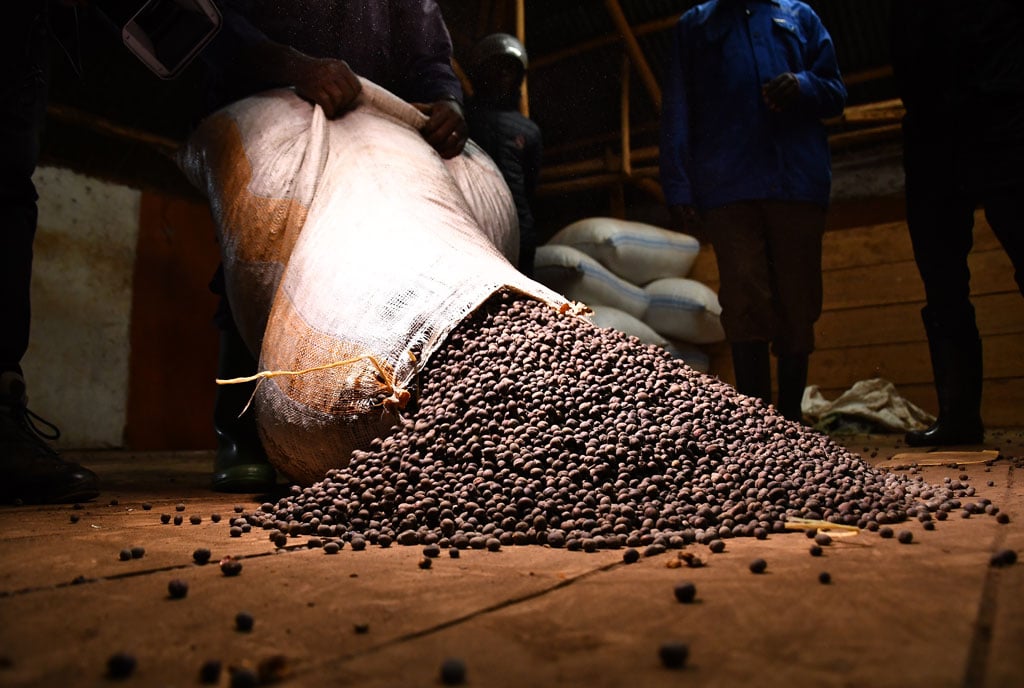
Mr Charles Onyango-Obbo
There is an old stereotypical, even racist, saying that if you want to hide something from an African, put it in a book. It is nonsense because the main problem is that many of the books out there are not interesting to Africans. Once there are books that speak to them, they read in record numbers as they, especially African women, have with the works of Chimamanda Ngozi Adichie.
However, among Africans, there are those who read more than others. Or, at least, who buy and own more books than others. In the countries of the Original East African Community (Kenya, Tanzania, Uganda) Ugandans are the most book-poor. It is a gem of insight that comes to us from a surprising source, “A Compendium of Ten Years of Sauti Za Wananchi 2013-2023”. Released last week by the Dar es Salaam-headquartered Twaweza East Africa, an NGO that seeks to get citizens more engaged, and governments in the Original EAC to be more open and responsive, the report summarised ten years of surveys of the opinions and experiences of the citizens in the three countries.
Sauti Za Wananchi (Voices of Citizens) reports that 14 percent of the Ugandans surveyed said they owned books (which are not textbooks) by 2021. Based on older data, 48 percent of Kenyans said they owned books which weren’t textbooks, and 43 percent of Tanzanians. It is likely that 2021 Kenyan and Tanzanian data would show even greater disparity. Book ownership is not the same as book reading, otherwise if it were it would be disturbing that Kenyans and Tanzanians read three times more than Ugandans.
The report, which avoids value judgements, doesn’t explain why the differences and similarities between the three countries across many areas. However, as the saying goes, if you torture data long enough, it will confess.
Somewhere in the report, there are signs that it could be because Ugandans are the most agrarian of the Original EAC peoples. Asked “What is the main source of income for the entire household?”, a very high 69 percent of Ugandans said it was some form of agriculture.
That was nearly twice the 39 percent of Tanzanians who said agriculture was their bread, and more than twice higher than Kenyans at 25 percent. Farmers are practical people. They will buy salt lick for their cows, rather than a book, and when they retire to their houses in the evening, they don’t kick back and start reading Jennifer Nansubuga Makumbi’s “Manchester Happened”.
This high dependence on agriculture is at odds with the 40 percent of Ugandans who said they went without a meal a whole day. That figure had been 50 percent in 2017, but declined sharply to about 25 percent in 2020, before shooting up again.
The year 2020 marked a dramatic turning point for the worst for Ugandans. From about 25 percent of them who said the cost of living/inflation was one of the biggest problems affecting the country, it jumped to over 63 percent by 2023. Unemployment and hunger/drought also rose considerably as a problem from there on.
Interestingly, their view on health, transport/infrastructure, quality of education, and access to clean all showed an improvement. The data indicates that by 2023, Ugandans saw corruption and crime/security as less of a problem than in 2019.
There are many of these nuggets in the “Sauti za Wananchi”. One question that presents is what the patterns tell us. The report pinpoints the impact of Covid-19. It seems to have dealt a blow on our societies we are only beginning to fully appreciate.
Outside Covid, we have to figure out the rest. Politics seems to be the common link across many factors in Uganda. From about 2019 when former Forum for Democratic Change (FDC) presidential candidate Kizza Besigye began to step back from party frontline politics, announcing he wouldn’t stand in 2021, we see a seeming drop in national political consciousness.
In late 2020 Bobi Wine (Robert Kyagulanyi) jumped into the presidential fray as the People Power candidate. In the violence of the 2021 election, it seems everything went to hell in a handbasket, and the national mood soured.
In fact, looking across the board, including Ugandans’ view of whether the country is going in the right or wrong direction, the worst data is from the election season, and the aftermath. Makes one think that, even without massive public expenditure, if President Museveni’s government called off the dogs and ended election violence and brutalising people (protestors and Opposition), there would be a big outbreak of optimism in Uganda and a go-getter wave that could dramatically change the country’s social and economic fortunes.
Mr Onyango-Obbo is a journalist, writer and curator of the “Wall of Great Africans”
X:@cobbo3




